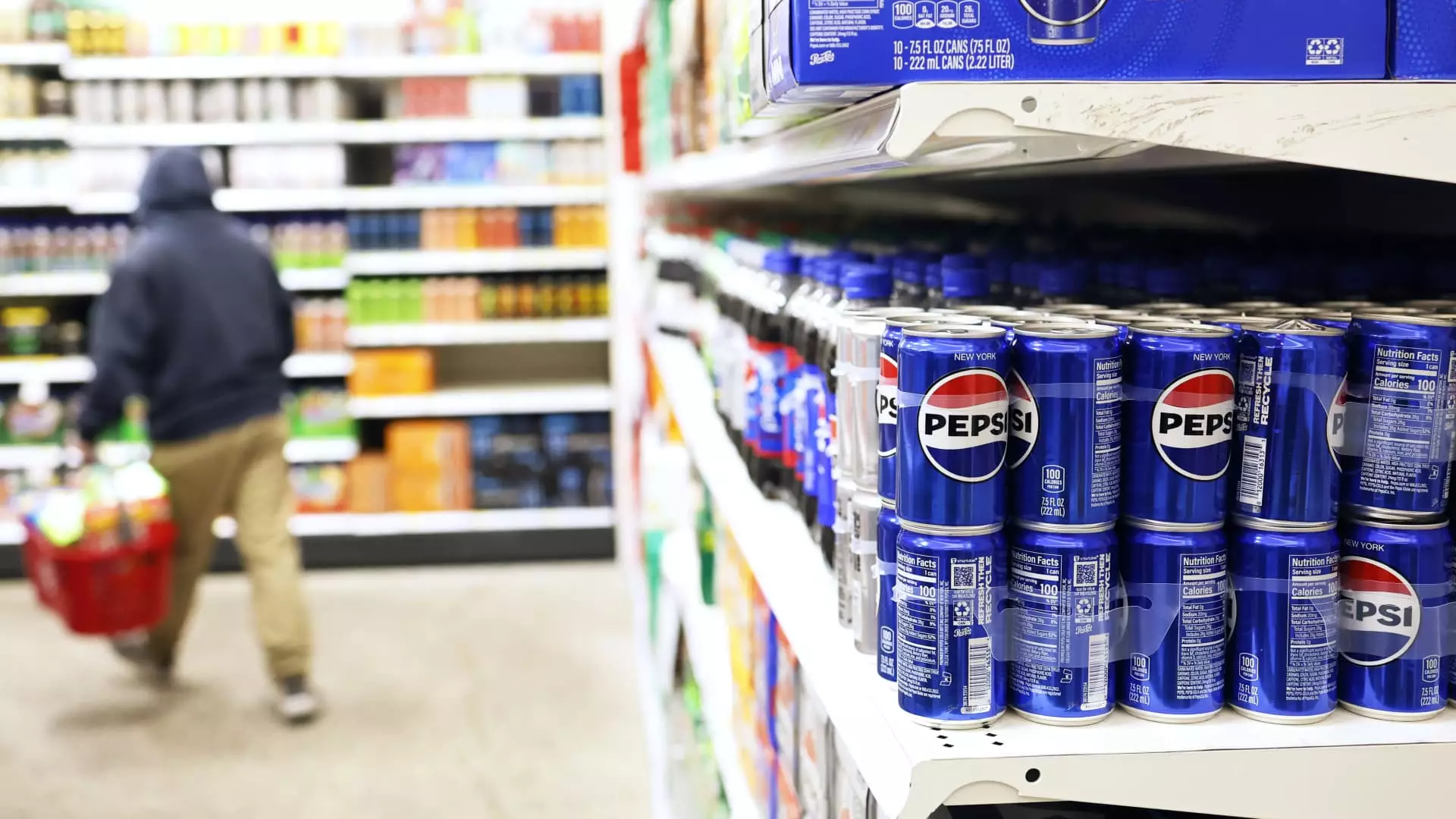In a significant development for the food and beverage industry, the Federal Trade Commission (FTC) announced on Friday its decision to sue PepsiCo, alleging illegal price discrimination practices targeted at a particular retailer. While the lawsuit does not name the retailer directly, insider sources suggest that Walmart is at the center of this controversy. According to the FTC, PepsiCo is accused of violating the Robinson-Patman Act — a law designed to promote fair competition by preventing suppliers from offering different prices to competing buyers for the same product.
The core of the FTC’s allegations is that PepsiCo reportedly provided Walmart with exclusive promotional payments and advertising tools that were not extended to its competitive retailers. This differential treatment purportedly distorts market practices, potentially leading to higher prices for consumers and unfair advantages for larger retailers like Walmart. The FTC’s lawsuit aims to shed light on how these actions may undermine competition and create an uneven playing field in the retail market.
The Robinson-Patman Act, enacted in 1936, seeks to prevent unfair trade practices that could harm competition among retailers. The FTC’s decision to revive this act’s enforcement is particularly noteworthy as it marks a renewed commitment to scrutinizing corporate conduct following a significant period of deregulation in the 1980s. The complaint against PepsiCo has stirred up debates about the balance of power in retail settings and the ethics of pricing strategies employed by major corporations.
PepsiCo has firmly denied the allegations put forth by the FTC, arguing that their pricing structure aligns with industry standards. The company has expressed confidence in its legal stance, emphasizing that it does not engage in biased pricing practices. In a public statement, PepsiCo voiced their intent to vigorously defend themselves in court, asserting that their promotional strategies are implemented across the board, rather than favoring one retailer at the expense of others. The company’s stance highlights the complexities of pricing strategies in retail and the broader implications these strategies can have on competition.
While Walmart has not commented on the lawsuit, its potential involvement raises questions about the nature of relationships between large retailers and suppliers. The ongoing case is currently sealed, which means critical details of the allegations remain undisclosed. The FTC has proposed lifting these redactions to allow for greater transparency, suggesting that revealing the specifics of PepsiCo’s pricing practices may demonstrate how they violated competition laws.
The lawsuit against PepsiCo is emblematic of the Biden administration’s renewed focus on combating alleged monopolistic practices in corporate America. This approach, coinciding with a changing regulatory landscape, signifies a more aggressive strategy towards law enforcement in the corporate sector. As the legal proceedings unfold, the implications for PepsiCo, Walmart, and the food and beverage industry at large could be substantial, potentially reshaping the competitive landscape for years to come. The outcome may also signal how regulatory bodies prioritize competition in the marketplace amid the evolving dynamics of American commerce.


Leave a Reply